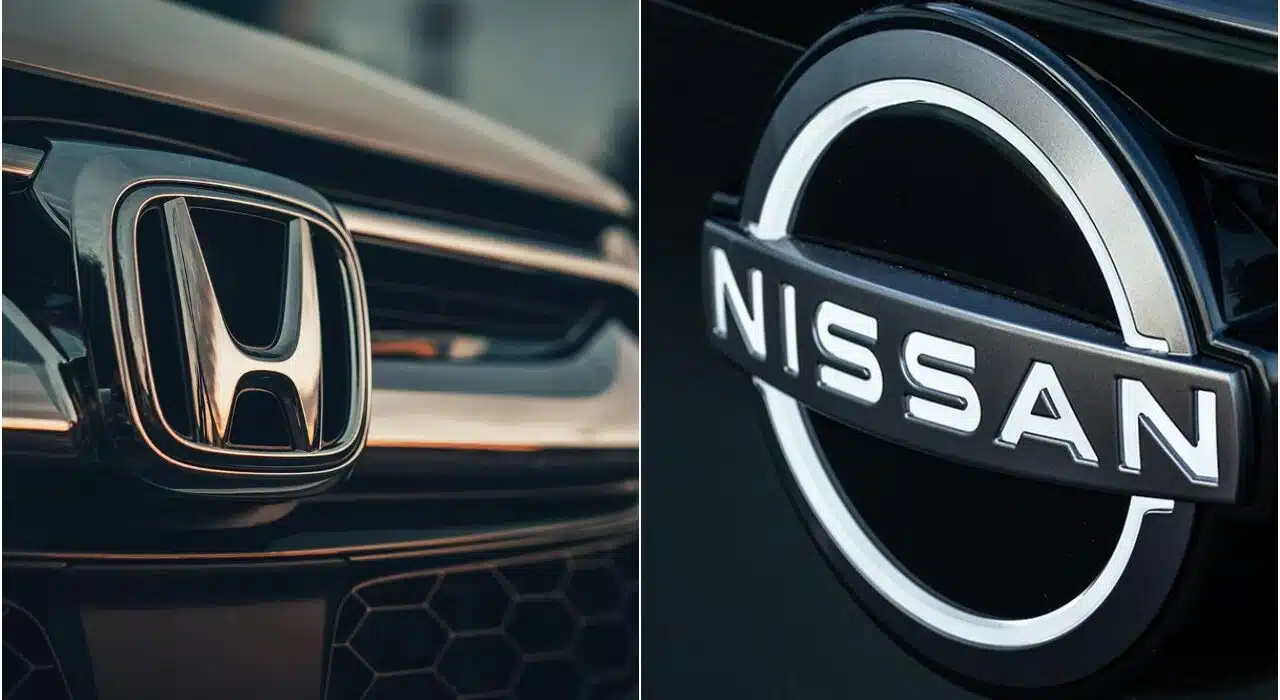Honda and Nissan are engaged in advanced talks to deepen their partnership with discussions even considering a complete merger, sources revealed Wednesday. If finalized, the union will create a $54 billion automotive behemoth with the capacity to produce 7.4 million automobiles yearly and will be ranked the third-largest automaker in sales behind Toyota and Volkswagen in the world.
The talks come at a crucial moment. Japan’s auto industry finds itself under mounting pressure both from Tesla and China-based electric vehicle makers like BYD. The possible Honda Nissan merger is the demand created by the rapidly changing market dynamics under intense competition in electric-vehicle technology.
Pressure through Struggle Calls for Critical Collaboration
Nissan’s financial woes have increased the pressure to strengthen its ties with Honda. The company has just announced a $2.6 billion cost-cutting plan, which includes cutting production capacity and laying off 9,000 workers. Slumping sales in major markets such as China and the U.S. have been particularly devastating for Nissan, with second-quarter profits plummeting by 85%. Honda, whose market value is more than four times that of Nissan, also has its challenges, as its EV business lags.
According to Industry experts, the deal can emerge as Nissan’s rescue bailout but it also does equal good to Honda. Sanshiro Fukao of Itochu Research Institute also said “Honda’s cash flow is expected to tighten next year, and it will get strategic leverage because of it.”
Climb Over Problems for Honda and Nissan Merger
Despite the strategic potential, Honda and Nissan’s potential merger faces hurdles, including cultural differences and U.S. regulatory scrutiny. The automakers also need to align their corporate visions while maintaining individual strengths—Honda’s technological edge in powertrains and Nissan’s EV capabilities. Analysts warn that past mergers in the industry have rarely yielded meaningful results.
The two companies, along with Mitsubishi, are expected to hold a joint press conference on Monday outlining their future plans. If the merger proceeds, it could mark a turning point for Japan’s stagnating auto industry, offering a formidable counterbalance to Toyota and global EV competitors.
Also, see: Ola CEO Bhavish Aggarwal’s warning to employees sparks debate
